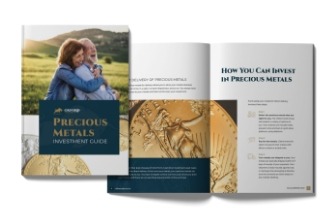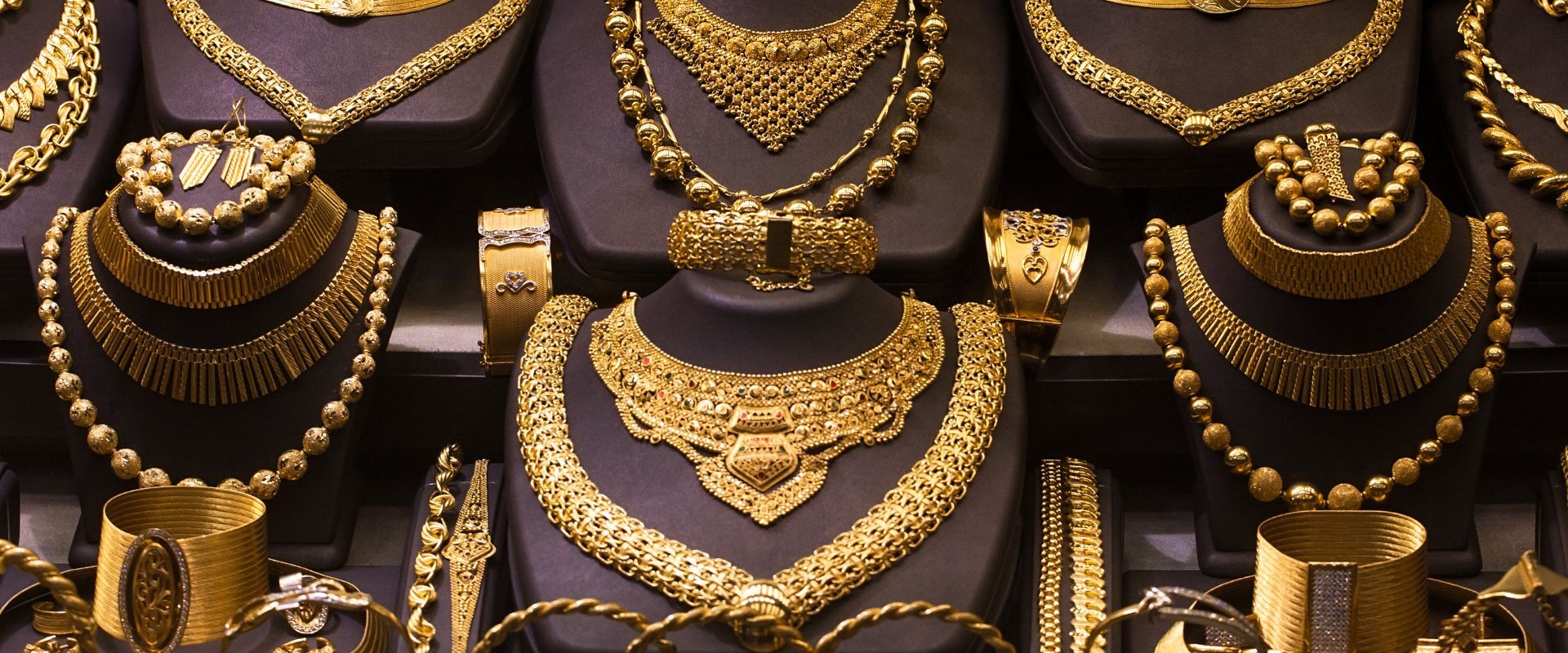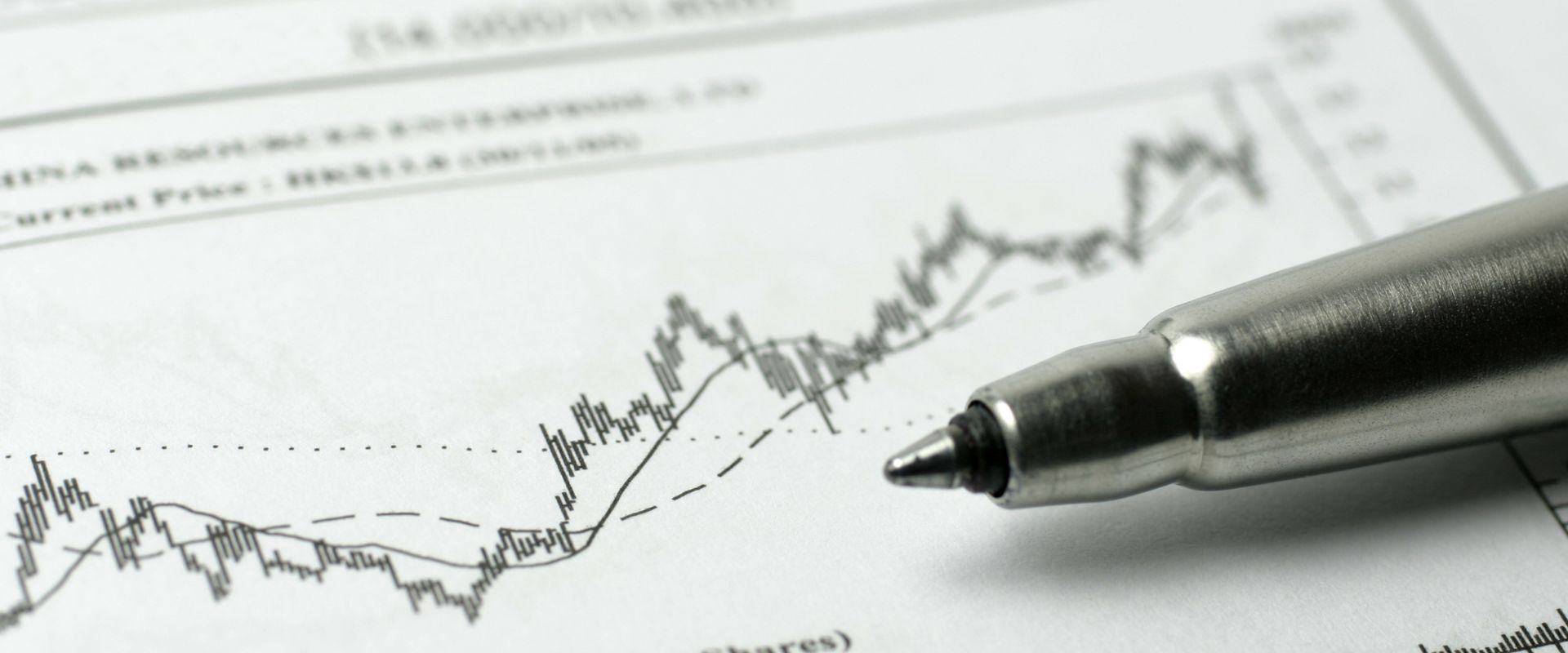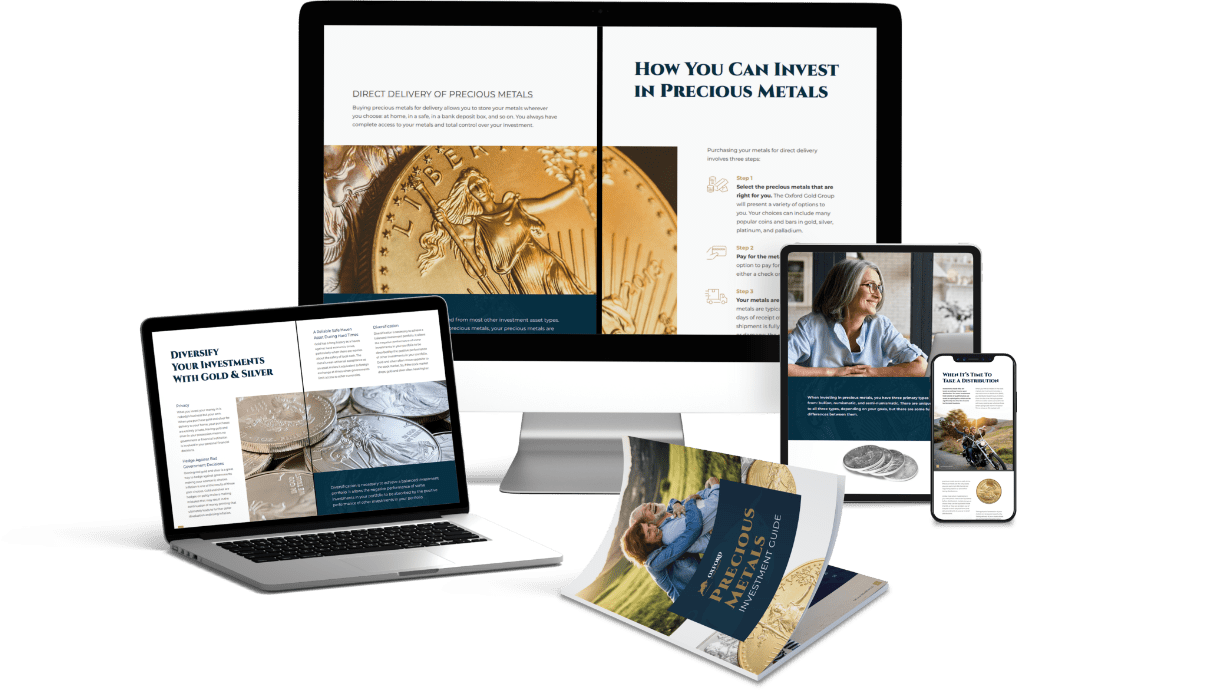Table of Contents
The potential collapse of the U.S. dollar has been a long-discussed topic among economists, investment advisors, and doomsday preppers alike. Considering today’s unstable economy, high interest rates, and huge national debt, more and more people are asking, “Could the dollar crash, and how can I protect myself in such a situation?” The answer to this question isn’t so simple.
Either way, timely planning is the key to surviving economic downturns. Learn whether the American national currency is likely to fail and how to prepare for a potential dollar collapse by reading this informative guide.
Diversify Investments
Savvy investors don’t put all their eggs in one basket when the economy looks bleak. Spreading your wealth among diverse independent assets is a smart move that could help you preserve stability in the event of a fiat currency collapse.
Tying all your money to one asset type exposes you to significant risk if that asset loses its worth. In contrast, if you diversify your investments, there’s a better chance that some will retain their value when a crisis hits.
Keep in mind that no investment is without risk. Please consult a qualified investment advisor before you pour significant money into any asset.
What To Own When the Dollar Collapses
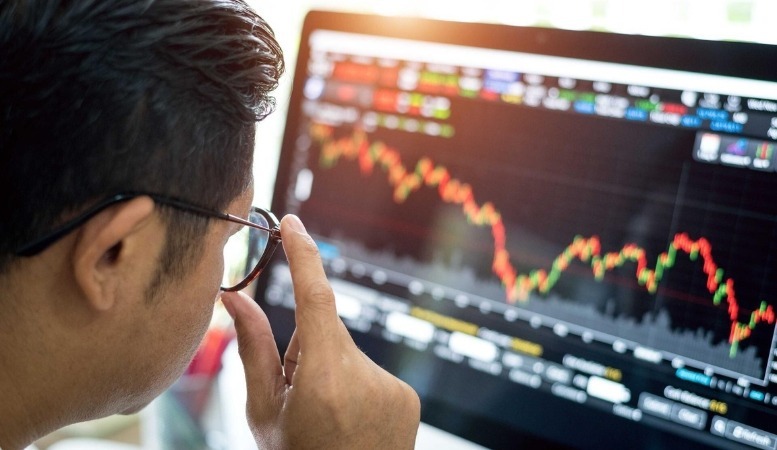
What should you invest in today to prepare for tomorrow’s possible dollar collapse? Let’s review a list of investments that could safeguard your wealth in an economic meltdown.
Traditional Assets
In the current economic climate, stocks, bonds, and exchange-traded funds are still solid investment options, especially if you own shares of many different companies.
Federal bond funds are another traditional, low-risk asset that could protect your money. While the national economy is comparatively reliable, such investments will continue to yield profits, and your wealth will keep growing.
Gold, Silver, and Other Precious Metals
Precious metals like silver and gold have retained their worth since the dawn of civilization. Gold is as prized today as it was in ancient Egypt and will almost certainly remain a valuable commodity if the dollar collapses. Unsurprisingly, almost every source discussing how to prepare for a dollar collapse recommends purchasing at least some quantity of physical metals and storing them safely.
If you buy silver and gold as safe-haven assets, choose quality products with predictable value, like pure gold bars, rounds, and legal tender coins like the American Eagle and the Canadian Maple Leaf. Although you may purchase larger bars at a lower markup, smaller metal units have the advantage of being more tradable.
Bitcoin and Other Cryptocurrencies
Since the creation of Bitcoin in 2009, the world’s first cryptocurrency has attracted a growing pool of investors and trades at over $37,000 per BTC today. Other cryptocurrencies, like Ethereum and Litecoin, are also popular investments.
Cryptocurrency offers the advantages of high fluidity, privacy, and complete independence of the U.S. dollar and central banks. This makes crypto a promising investment when fiat currencies lose value.
However, Bitcoin prices have undergone many ups and downs in recent years. Keep this in mind when considering how much of your money to invest in crypto.
Foreign Currencies
If the U.S. dollar collapses, it’s reasonable to expect other currencies to move to the forefront of the global economy. Placing some of your net worth in foreign currency could safeguard your wealth in the future.
The Euro, the Chinese yuan, the Japanese yen, and even more minor currencies like the Swiss franc are some popular choices with foreign currency investors. Even so, it might be wise for you to research their volatility beforehand.
Foreign Stocks and Mutual Funds
Foreign stocks and mutual funds are another investment option when the national economy is unstable. International equities can appreciate with time and gain value when a currency strengthens. You may also purchase stocks of American companies that operate mostly in international markets.
Real Estate
Real estate will always hold value as an asset. Although real estate prices may fluctuate when people lose purchasing power, your property will retain its worth and may generate a profit if you sell it at some point. You can also earn a passive income stream if you purchase a rental property.
Keep in mind that investing in real estate property may involve ongoing costs. For example, if you own rental property, you’re usually responsible for asset upkeep and maintenance. You’d also need to pay insurance and taxes.
Illiquidity is another possible downside of real estate investments. Selling real property may take time, so it’s not the type of asset that readily converts into cash.
Food, Water, and Other Supplies
While food is less of a tradable commodity, everyone needs it to survive. A severe economic crisis can disrupt food supply chains and empty supermarket shelves, similar to what happened during the early days of the COVID-19 pandemic.
Purchasing a decade’s worth of non-perishables would probably be excessive at this point, but it’s a good idea to stock up on foods with a long shelf life in an amount that could last for several weeks. Flour, sugar, oil, dried legumes, canned goods, oats, and many other foods will keep for months, but you’ll need to rotate your stock from time to time by using up some products and buying fresh ones.
Bottled water is another must-have product for emergencies. You may also look into water purification tablets. Additionally, make room for toilet paper, sanitary products, salt, a first aid kit, batteries, and other useful everyday items.
Avoid Going Into Debt

Being debt-free is always an important step toward financial freedom, especially if you’re researching how to prepare for a dollar collapse. When a recession hits, asset depreciation and income loss often coincide with rising interest rates. You don’t want to be stuck with inflated debt payments in such a situation.
If you already have outstanding debt, you may want to tackle the higher-interest debt first and continue paying off other loans until you’re debt-free. Save money for major purchases and pay for them out of pocket if you can.
Educate Yourself on Economic Trends

While the future is hard to predict, you should keep an eye on warning signs of potential economic collapse. For instance, excessive money printing and high inflation are two trends that have historically predated severe financial crises. In 2020, the Federal Reserve printed over $3 trillion. This tactic can temporarily keep the economy afloat while leading to a rapid depreciation of fiat currency.
Current geopolitical shifts are also putting the future of the U.S. dollar at risk. Currently, the dollar is the global reserve currency, backing many international assets. However, the dollar may lose some of its status under pressure from forces like China, Russia, and other unfriendly economies.
Strengths of the U.S. Dollar
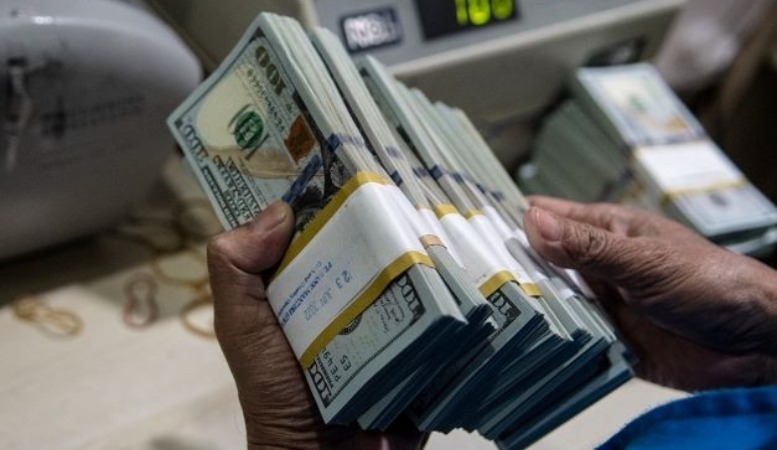
Despite economic shifts in recent years, the U.S. dollar remains a strong, comparatively reliable, and universally recognized currency. The following elements help keep the dollar in power.
Stability and Trust
The U.S. dollar is a stable currency that has stood the test of time and is the most used in international transactions. It’s globally recognized, and you can easily exchange the U.S. dollar for any other currency.
While the dollar is under the management of the U.S. Federal Reserve Bank, an independent central bank with an excellent record of sound financial strategy, it moves freely among international exchange markets without direct government manipulation. That’s why traders across the world continue to trust the U.S. dollar.
Global Reserve Currency
The U.S. dollar has been the international reserve currency since 1944 when the Bretton Woods Agreement came into effect. The dollar serves to back currencies all over the world. Thanks to this reserve currency status, international businesses, currency traders, and individual investors rely on the dollar.
Economic Size and Power
Although economic growth in the U.S. has slowed in the past two decades, the national economy remains the largest and most powerful in the world. This economic productivity helps the dollar maintain its leading position.
Weaknesses of the U.S. Dollar
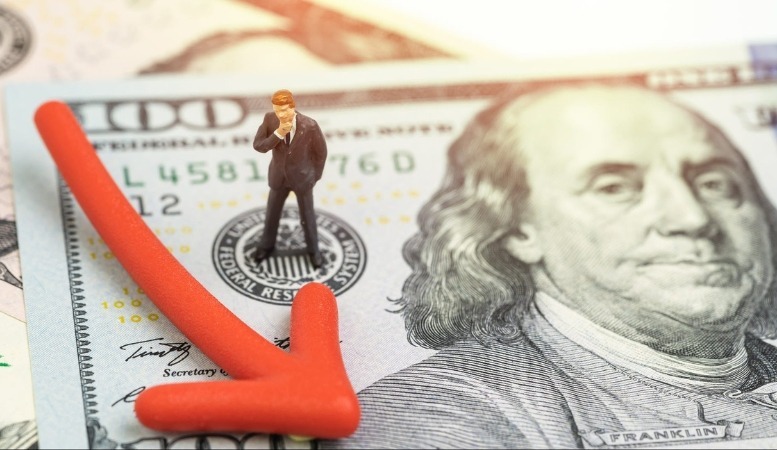
Despite the dollar’s privileged status, it’s subject to some weaknesses that could endanger its prospects.
Susceptibility to Inflation
Like every currency, the U.S. dollar may suffer from high inflation. When prices rise, the amount of goods a dollar can buy decreases, and the currency loses its power.
Dependence on the U.S. Economy
As the American national currency, the dollar depends on the U.S. economy. If debt grows faster than the national economy, the value of the U.S. dollar may fall.
Vulnerability to Political Volatility
Geopolitical tensions, wars, strains in international relations, and instability in national politics may all harm the dollar. For example, if a large economic force like China moves away from the U.S. dollar to alternative currencies, this could harm the dollar’s position.
What Does It Mean When the Dollar Collapses?
To understand how to prepare for a dollar collapse, it’s important to define what such an event may look like.
In a dollar crisis, the national currency value plummets. Whichever factors lead to this situation, anyone who relies on the dollar suffers grave consequences. Goods and services sharply rise in price and may become inaccessible to many.
The dollar suffered devaluation at several points in recent history, like the oil crisis of the 1970s, Black Monday in 1987, the 9/11 disaster, the dot-com bubble of the early 2000s, and the housing market crash of 2007-2010. A full-blown dollar collapse could be much worse than any of these events.
If the dollar crashes, stock and bond markets will crumble. Assets will deflate, everyday commodities like food and gas may suffer hyperinflation, and unemployment will likely spike. The cost of living would become astronomical. A severe, unexpected crisis may even trigger doomsday scenarios like riots and food shortages.
Will the U.S. Dollar Collapse?
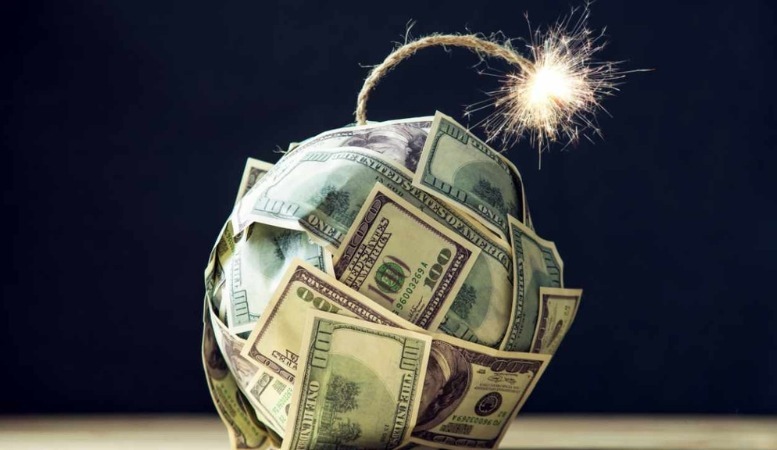
The simple answer to this question is: “We hope not, but it might.” Historically, many seemingly stable currencies have lost their value because of external circumstances like wars or unwise government policies like excessive money printing.
Opinions on whether the U.S. dollar will collapse are divided. Some market analysts say such an event is inevitable, while others claim it’s highly unlikely.
We don’t know if or when the dollar will go into freefall, but the economy shows troubling signs like instability and high inflation. In light of this, diversifying your investments and making an emergency plan is smart.
Physical Gold Can Help You Gain Stability in a Financial Crisis

When you look into guides on how to prepare for a dollar collapse, purchasing precious metals is a common recommendation. Gold and silver have retained their value throughout human history and could serve as a universally recognized, tradable commodity in a financial crisis.
If you consider precious metals a safe-haven asset, look into quality gold, silver, and platinum products from Oxford Gold Group. Don’t forget to claim your free copy of our Complete Precious Metals Investment Guide.
